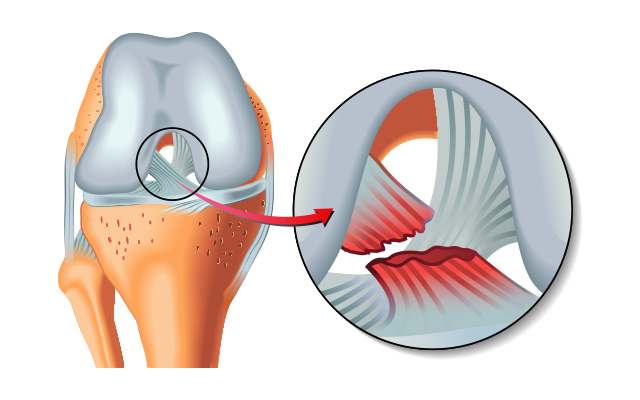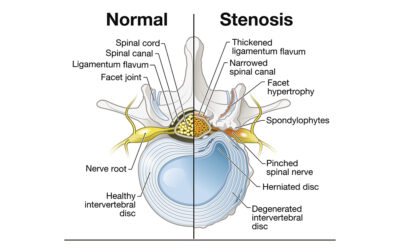Professional athletes’ speedy recoveries from injuries have nothing to do with superhuman abilities. Instead, it’s all about proper preparation and planning.
It’s no surprise that professional athletes tend to be in much better shape than those of us who don’t play sports for a living — but what might seem more puzzling is that they also seem to recover more rapidly from injuries. Think of D’Angelo Russell, the Brooklyn Nets’ star point guard. After suffering a knee injury in November, he underwent arthroscopic knee surgery and fully recovered in just over two months, returning to the court by the middle of January.
Such a speedy recovery isn’t evidence of superior physical fitness, however, so much as a clear strategy in the wake of an injury. Professional athletes have access to some of the best orthopedic specialist available — and these doctors, trainers, and therapists help them follow strict guidelines throughout the process of rehabilitation, ensuring that they can return to action as soon as possible.
While you might not have a dedicated team of doctors at your disposal, there are many steps you can take to enjoy a similarly quick recovery. ACL tears — a rupture of the anterior cruciate ligament, one of several ligaments that stabilize the knee — are a common injury affecting star basketball players and casual gym-goers alike. Here’s what you can learn from the professional athletes’ approach to ACL rehabilitation.
1. KEEP YOUR BODY HEALTHY
In order to help your body best respond to arthroscopic surgery, you need to stay healthy and hydrated. For at least a week before your surgery, be sure to drink plenty of water and eat a nutritious, wholesome diet rich in antioxidants, both of which can boost your body’s ability to heal.
2. STRETCH AND EXERCISE BEFORE SURGERY
Staying healthy requires more than just eating right, of course. Your preparation for surgery should include regular stretches and massages, which can strength the tissues surrounding the ACL and increase their flexibility. These measures ensure that the knee joint remains relaxed and enjoys proper circulation, both of which foster optimal surgical conditions.
3. DON’T BE AFRAID TO ASK QUESTIONS
Nobody expects an injury, so when these unfortunate events happen, you might not know what to expect. Athletes have a whole team on hand — ranging from surgeons to physical therapists — to guide them through the process, and while you might not have the same resources readily available, you should do your best to stay informed. Your doctor and surgeon are there to help you, so be sure to voice your concerns and ask any questions you may have.
4. FORMULATE AND WRITE DOWN THE RULES
When it comes to recovery, you can’t break the rules. A rehabilitation plan isn’t something you can come up with on the fly, so be sure to consult with your doctor, therapist, and surgeon to formulate a concrete plan centered around defined protocols and regular benchmarks to help you stay motivated and focused.
5. STAY STOCKED UP ON SUPPLIES
Proper recovery requires keeping plenty of tools on hand, such as ice packs and non-steroidal anti-inflammatories. You may struggle to get out of the house while you recover from the procedure, so ensure that you have an ample supply of everything you might need before you undergo surgery.
6. MAINTAIN A POSITIVE MOOD
As a minimally invasive procedure, arthroscopic surgery is designed to shorten recovery timelines, but you’ll still need to spend some time resting immediately after surgery. Since you won’t be able to participate in many of your daily activities, try to have some projects at the ready to keep you happy and occupied. Maintaining a positive mood will help boost your morale, and ultimately assist in recovery.
If you’re considering arthroscopic surgery for an ACL tear, CompOrtho is ready to help. Our team of specialists has decades of combined experience in treating knee injuries, providing every patient with the care and attention they need from the initial diagnosis to the final follow-up. Call us today to schedule a consultation!



